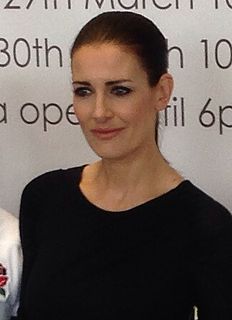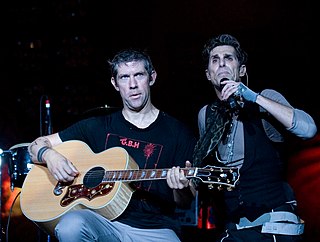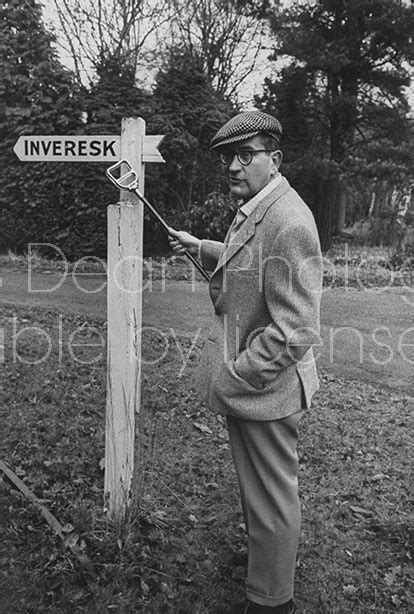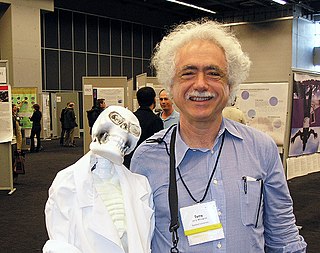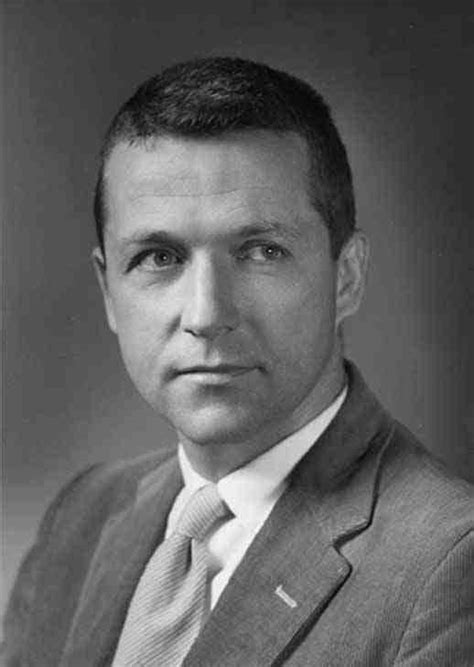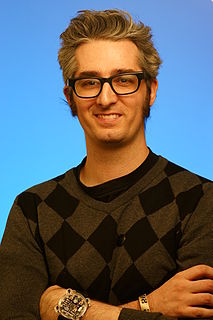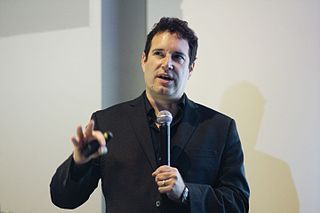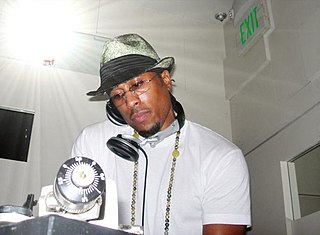Top 1200 Personal Computers Quotes & Sayings - Page 2
Explore popular Personal Computers quotes.
Last updated on April 16, 2025.
Today, in the Twenty-First Century, an age of jet aircraft, personal computers, wireless telecommunications, laser surgery, and incipient space travel, the mentality with which many presumably educated, intelligent people approach matters of economics and business is, however astonishing it may seem, still that of the Dark Ages.
Run for your lives-the computers are invading. Awesomely powerful computers tackling ever more important tasks with awkward, old-fashioned interfaces. As these machines leak into every corner of our lives, they will annoy us, infuriate us, and even kill a few of us. In turn, we will be tempted to kill our computers, but we won't dare because we are already utterly, irreversibly dependent on these hopeful monsters that make modern life possible.
I have a son. He's 10 years old. He has computers. He is so good with these computers, it's unbelievable. The security aspect of cyber is very, very tough. And maybe it's hardly doable.But I will say, we are not doing the job we should be doing. But that's true throughout our whole governmental society.
For many years, even as users became more sophisticated, personal computers took too much effort to use without problem-solving, keeping alive the yearning for greater simplicity. Microsoft's dominant Windows platform, in particular, was a home for all manner of bugs and problems that required IT people to straighten out.
The U.S. government doesn't build your computers, nor do you fly aboard a U.S. government owned and operated airline. Private industry routinely takes technologies pioneered by the government and turns them into cheap, reliable and robust industries. This has happened in aviation, air mail, computers, and the Internet.
Man is not a machine, ... although man most certainly processes information, he does not necessarily process it in the way computers do. Computers and men are not species of the same genus. .... No other organism, and certainly no computer, can be made to confront genuine human problems in human terms. ... However much intelligence computers may attain, now or in the future, theirs must always be an intelligence alien to genuine human problems and concerns.
If I had never dropped in on that single course in college, the Mac would have never had multiple typefaces or proportionally spaced fonts. And since Windows just copied the Mac, it's likely that no personal computer would have them. If I had never dropped out, I would have never dropped in on this calligraphy class, and personal computers might not have the wonderful typography that they do. Of course it was impossible to connect the dots looking forward when I was in college. But it was very, very clear looking backward 10 years later.
We will learn that computers, amazing as they are, still cannot come close to being as effective as human beings. A computer isn't creative on its own because it is programmed to behave in a predictable way. Creativity comes from looking for the unexpected and stepping outside your own experience. Computers simply cannot do that.
With genetic engineering, we will be able to increase the complexity of our DNA, and improve the human race. But it will be a slow process, because one will have to wait about 18 years to see the effect of changes to the genetic code. By contrast, computers double their speed and memories every 18 months. There is a real danger that computers will develop intelligence and take over. We urgently need to develop direct connections to the brain so that computers can add to human intelligence rather than be in opposition.
When Steve Jobs toured Xerox PARC and saw computers running the first operating system that used Windows and a mouse, he assumed he was looking at a new way to work a personal computer. He brought the concept back to Cupertino and created the Mac, then Bill Gates followed suit, and the rest is history.
Over my career, I'd say the last 25 years; we've gone from music and computer being for 10 people in the world to having personal computers, to now being able to do amazing things on your iPhone, or with Rock Band. So, right now there's enormous capability with technology in our devices that everybody has access to.
Science fiction does not attempt to predict. It extrapolates. It just says, "What if?" not what will be? Because you can never predict what will happen, particularly in politics and economics. You can to some extent predict in the technological sphere - flying, space travel, but even there we missed badly on some things, like computers. No one imagined the incredible impact of computers, even though robot brains of various kinds but the idea that one day every house would have a computer in every room and that one day we'd have computers built into our clothing, nobody ever thought of that.



